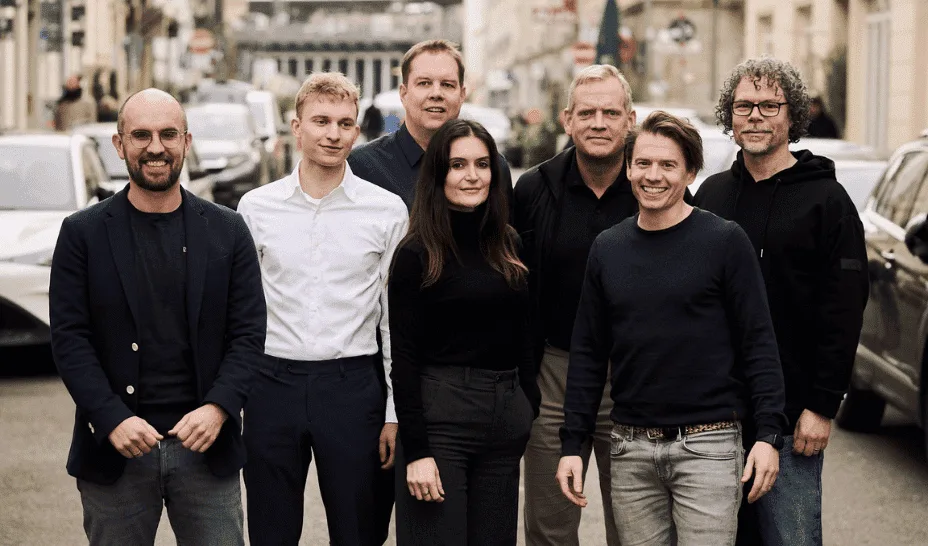
January 17, 2022·6 min read

Konrad Koncerewicz
Head of VC & Startups, Vestbee
VC Of The Month - Almaz Capital
Latest news
Sep 09Italian startup Renewcast secures €1M to scale renewable forecastingSep 09German VC firm Vireo Ventures closes €50M electrification fund to power Europe’s all-electric futureSep 09British firm Architect AI raises £3.5M to launch the world’s first self-learning ‘thinking’ websitesSep 09Bari-based spacetech firm Astradyne secures €2M seed roundSep 09Danish B2B growth startup Understory secures €12M to expand internationallyExplore more
Editor's pick
Aug 28ElevenLabs, Lovable, Mistral, and more: inside Europe’s most valuable GenAI startupsAug 21“Dutch approach” to founders: how Airbridge helps CEE startups expand internationallyAug 12VC funding in CEE report — Q2 2025 Aug 07Most common pitch deck mistakes, according to VCsJul 23 Promising climate tech startups to watch, according to investors Explore more
Newsletter
Related posts
Explore more
German VC firm Vireo Ventures closes €50M electrification fund to power Europe’s all-electric future
The new fund saw support from Encevo, VERBUND X, and EnBW New Ventures.

VC of the month — Keen Venture Partners
Giuseppe Lacerenza from Keen Venture Partners told Vestbee about its newly launched European Defence and Security Tech Fund’s strategy and investment approach.

French firm M2care raises €26M to drive next-generation healthcare innovations
M2care received support from the French Tech Accélération 2 (FTA2) fund, Mérieux Développement, and the Institut NAOS des Sciences de la Vie.
Latest news
Explore more
Italian startup Renewcast secures €1M to scale renewable forecasting
The fresh capital was backed by 2C Ventures Fund I, a European VC focused on climate and energy technology.

German VC firm Vireo Ventures closes €50M electrification fund to power Europe’s all-electric future
The new fund saw support from Encevo, VERBUND X, and EnBW New Ventures.

British firm Architect AI raises £3.5M to launch the world’s first self-learning ‘thinking’ websites
The £3.5 million seed funding round was backed by Project A, Concept Ventures, and Insiders Ventures.